Harnessing Reinforcement in Autism Therapy
Harness the power of reinforcement in autism therapy! Discover effective strategies and personalized treatment plans for unlocking potential.


Understanding Executive Functioning in Autism
When it comes to individuals with autism, understanding and supporting their executive functioning abilities is crucial. Executive functioning refers to a set of cognitive processes responsible for skills such as planning, organization, self-regulation, and problem-solving. However, many individuals with autism face challenges in these areas, which can have a significant impact on their daily lives.
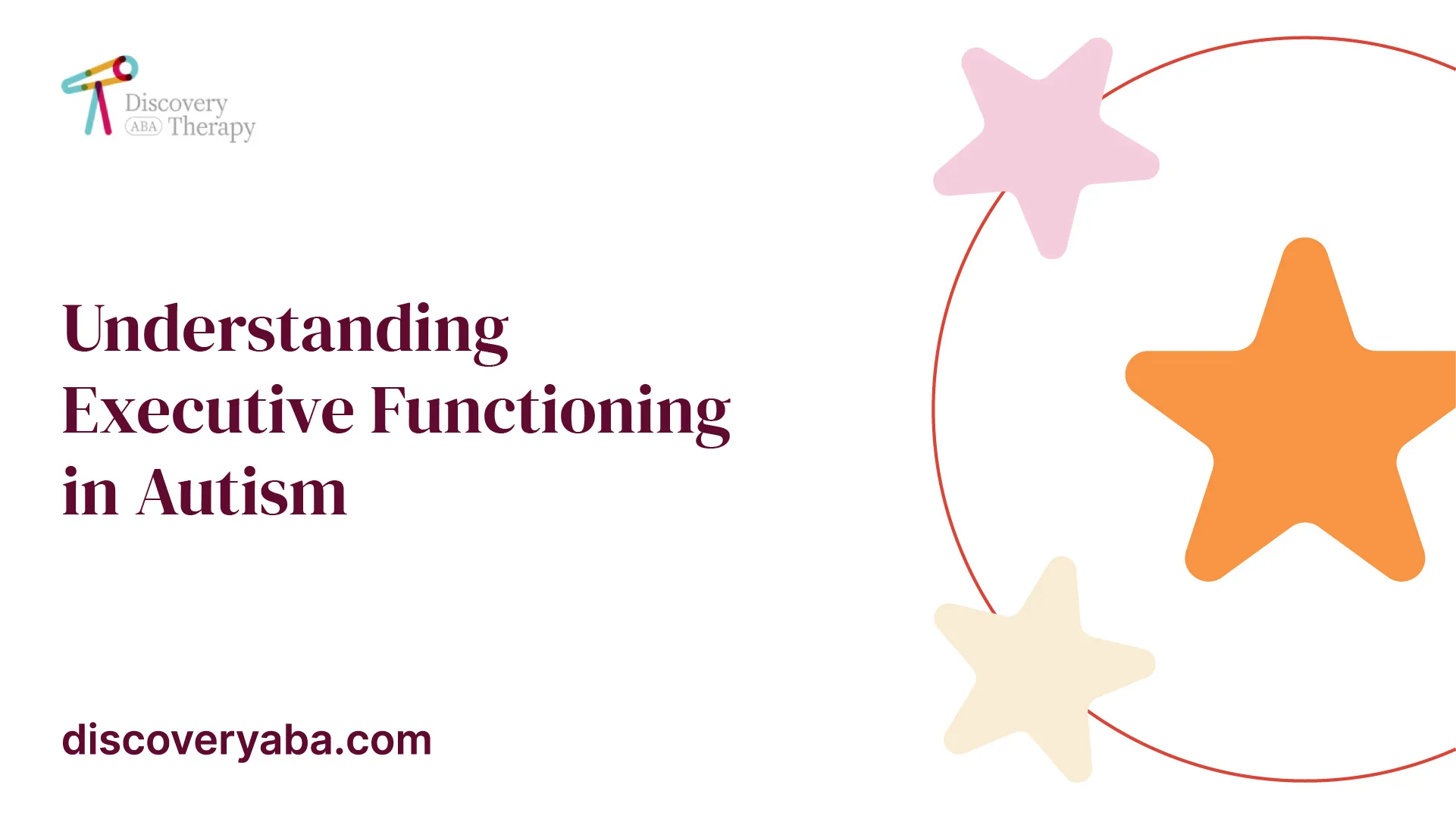
Challenges Faced
According to Autism Speaks, individuals with autism often struggle with executive functioning skills. These challenges can manifest in various ways, such as difficulties with planning, staying organized, sequencing information, and self-regulating emotions. In addition, executive functioning difficulties in individuals with autism can be associated with poor impulse control and trouble with complex thinking that requires holding more than one train of thought at the same time.
Impact on Daily Life
The impact of executive functioning difficulties on daily life can be significant for individuals with autism. In educational settings, these challenges can make it difficult for students to follow classroom routines, stay focused on tasks, and complete assignments [1]. Difficulties with organization and time management may also affect their ability to meet deadlines and keep track of important materials.
Furthermore, executive functioning issues can extend beyond the classroom. In social situations, individuals with autism may find it challenging to initiate and maintain conversations, interpret social cues, and adapt to changing social expectations. These difficulties can impact their relationships and overall social integration.
It's important to recognize that executive functioning challenges can vary among individuals with autism. Some individuals may face more significant difficulties than others, and the impact on daily life can differ accordingly. By understanding these challenges, we can develop strategies and interventions to support individuals with autism in managing their executive functioning skills.
In the next section, we will explore strategies for supporting executive functioning in individuals with autism, including interventions, therapies, and the role of caregivers and educators.
Strategies for Supporting Executive Functioning

Supporting executive functioning in individuals with autism requires a multifaceted approach that incorporates interventions, therapies, and the active involvement of caregivers and educators.
Interventions and Therapies
To effectively support executive functioning skills in individuals with autism, conducting thorough assessments is crucial. These assessments should consider standardized tools such as the Behavior Rating Inventory of Executive Function (BRIEF) or the Behavior Assessment System for Children (BASC) to provide valuable quantitative data on aspects of executive functioning [2]. Based on the assessment results, targeted interventions can be developed to address specific executive functioning challenges.
Applied Behavior Analysis (ABA) therapy, a well-established intervention approach, can be tailored to address executive functioning difficulties in autistic individuals. ABA therapists, such as Board Certified Behavior Analysts (BCBAs), can design individualized programs that focus on building executive functioning skills through structured teaching methods, reinforcement strategies, and behavior management techniques. ABA therapy can help individuals with autism develop skills such as planning, organizing, problem-solving, and self-regulation.
Other evidence-based practices that have shown promise in supporting executive functioning skills in individuals with autism include visual supports, social narratives, and video modeling. Visual supports, such as visual schedules and visual cues, can help individuals with autism understand and follow routines, organize their tasks, and enhance their working memory. Social narratives, such as social scripts and power cards, provide structured explanations of social situations and appropriate responses, assisting individuals with autism in navigating social interactions. Video modeling involves using videos to demonstrate desired behaviors and skills, enabling individuals with autism to learn and imitate these behaviors effectively [3].
Role of Caregivers and Educators
The support and involvement of caregivers and educators are crucial in fostering the development of executive functioning skills in individuals with autism. Collaborative partnerships between professionals and families can ensure that interventions are coordinated, consistent, and tailored to the individual's unique needs across various settings. By working together, caregivers and educators can reinforce skills learned in therapy sessions and implement strategies that promote executive functioning in daily life.
Caregivers can create a structured and supportive environment at home by establishing routines, providing visual supports, and creating designated spaces like calm-down corners to facilitate self-regulation [3].
Educators can implement strategies in the classroom that support executive functioning, such as visual supports, social narratives, and video modeling. These strategies help students with autism understand expectations, organize their tasks, and enhance their social and emotional skills. By incorporating these evidence-based practices, educators can create an inclusive learning environment that fosters the development of executive functioning skills. Additionally, educators can reinforce positive behaviors and use reinforcement strategies to promote executive functioning skills.
By combining interventions and therapies with the support and guidance of caregivers and educators, individuals with autism can receive comprehensive and targeted support to enhance their executive functioning skills. This collaborative approach ensures consistency and maximizes the potential for growth and development in daily life.
Importance of Early Intervention
Early intervention plays a vital role in supporting and enhancing executive functioning skills in individuals with autism. By addressing difficulties in executive functioning at an early stage, it is possible to build strong foundations and promote long-term benefits.
Building Strong Foundations
According to the Harvard University - Center on the Developing Child, executive function skills, such as working memory, mental flexibility, and self-control, continue to develop from childhood through early adulthood. The quality of interactions and experiences in a child's environment significantly impacts the strengthening or undermining of these skills. Positive relationships, engaging activities, and supportive environments are essential for fostering the development of executive function skills.
Early intervention programs, such as the Early Start Denver Model, provide structured and individualized support to children with autism, targeting their specific executive functioning challenges. These interventions aim to enhance working memory, cognitive flexibility, and self-regulation through evidence-based strategies and activities.
Long-Term Benefits
Early intervention efforts focused on executive functioning yield significant long-term benefits for individuals with autism. By addressing executive function challenges early on, individuals can develop the skills necessary for school achievement, workforce preparation, and overall population health, as stated by the Harvard University - Center on the Developing Child.
Improving executive function skills positively impacts various aspects of an individual's life. It helps in social interactions, planning and organizing tasks, maintaining attention, and completing projects. By providing early support and interventions, individuals with autism can develop strategies to overcome challenges related to executive functioning, leading to improved overall functioning and quality of life.
It is important to note that executive function difficulties can also arise due to experiences of trauma and chronic stress. Such experiences can disrupt the development of executive functioning skills. Human service agencies can play a crucial role in building and enhancing executive functioning skills for individuals impacted by trauma and adverse experiences, as highlighted by the ACF.
In conclusion, early intervention is of utmost importance for supporting executive functioning in individuals with autism. By building strong foundations and addressing challenges early on, individuals can develop the necessary skills for success in various aspects of life. Early intervention programs, coupled with positive relationships and supportive environments, pave the way for long-term benefits and improved overall functioning.
Tools and Resources for Support
When it comes to supporting executive functioning in individuals with autism, there are various tools and resources available that can make a positive difference in their daily lives. These tools can help individuals with autism overcome challenges and enhance their ability to navigate daily tasks and responsibilities. Two key resources that can be particularly beneficial are assistive technology and apps specifically designed for executive functioning.
Assistive Technology
Assistive technology refers to devices, tools, or software that can assist individuals with disabilities in various aspects of their lives. In the context of autism, assistive technology can be particularly helpful in addressing learning challenges, including difficulties with executive functioning.
Low-tech options, such as written planners, color-coded schedules, and visual reminders, can have a significant impact on executive functioning in individuals with autism. These simple tools can help individuals stay organized, manage their time effectively, and remember important tasks and deadlines [4]. For example, using a written planner or a color-coded schedule can provide a visual representation of daily activities and help individuals better understand and anticipate their daily routines.
Manipulatives, such as Cuisenaire rods and alphabet blocks, can also be useful tools for teaching academic skills to autistic children. These hands-on materials can aid in developing cognitive skills, problem-solving abilities, and logical thinking [4].
In addition to low-tech options, high-tech assistive technology can also be beneficial. For example, iPads and other tablets have been found to positively impact the achievement levels of autistic students when incorporated into daily learning experiences. These devices provide a versatile platform for utilizing various apps and software designed to support executive functioning and other cognitive skills.
Apps for Executive Functioning
The advancement of technology has led to the development of numerous apps designed specifically to support executive functioning in individuals with autism. These apps can help individuals with planning, organization, time management, and other executive function skills.
One highly-rated app for both iOS and Android is Focus Keeper. This app utilizes the pomodoro method of productivity, where users work on a single task for a set amount of time (typically 25 minutes) and then take a short break. After completing a certain number of work intervals, a longer break is taken. The visual timer and structured approach of the app can be beneficial for individuals who struggle with maintaining focus [5].
Other apps, such as mind-mapping software like Lucidchart and speech-to-text software, can also be valuable tools for individuals with autism. These apps can assist with brainstorming, organizing ideas, and communicating effectively [4].
When selecting apps for executive functioning support, it is important to consider the specific needs and preferences of the individual with autism. Exploring different apps and their features can help identify the ones that align best with the individual's needs and goals.
By utilizing assistive technology and apps for executive functioning, individuals with autism can enhance their ability to manage daily tasks, improve organization, and develop important skills. These tools provide valuable support and empower individuals to navigate their lives with greater independence and success.
Collaborative Approaches
Supporting executive functioning in individuals with autism requires a collaborative approach involving various stakeholders. Healthcare professionals and community involvement play crucial roles in providing the necessary support and resources.
Healthcare Professionals
Healthcare professionals, including doctors, psychologists, and therapists, play a vital role in understanding and addressing executive functioning challenges in individuals with autism. They can conduct assessments to evaluate the specific areas of difficulty and develop targeted intervention plans. These professionals often utilize evidence-based therapies, such as Applied Behavior Analysis (ABA) therapy, to improve executive function skills in individuals with autism.
By working closely with healthcare professionals, individuals with autism and their caregivers can gain valuable insights and strategies to support executive functioning. Regular sessions and follow-ups allow for progress monitoring and adjustments to the intervention plan as needed. Healthcare professionals can also provide guidance on utilizing various resources and assistive technologies to enhance executive function skills.
Community Involvement
Community involvement is equally important in supporting individuals with autism and their executive functioning needs. Communities can provide a supportive and inclusive environment that promotes understanding, acceptance, and opportunities for individuals with autism to develop and utilize their executive function skills.
Community organizations, schools, and recreational programs can offer tailored programs and activities that focus on building executive function skills. These programs may include social skills training, problem-solving workshops, and opportunities for practicing organizational strategies. By engaging in such activities, individuals with autism can enhance their executive functioning abilities while also fostering social connections and a sense of belonging within the community.
It's essential for community members to educate themselves about autism and executive functioning challenges. By raising awareness and promoting acceptance, communities can help create an inclusive environment that supports individuals with autism in their daily lives. Additionally, community involvement can extend to employment opportunities, ensuring that individuals with autism have access to meaningful work experiences that align with their strengths.
By collaborating with healthcare professionals and actively involving the community, support for executive functioning in individuals with autism can be comprehensive and effective. This collaborative approach helps create a network of resources, expertise, and understanding that enhances the overall well-being and success of individuals with autism in their daily lives.
Read about: Promoting Autism and Community Inclusion
Advocacy for Individuals with Autism
Advocacy plays a crucial role in supporting individuals with autism, as autism spectrum disorder (ASD) can present unique challenges in communication, socialization, and everyday activities. It is important to raise awareness, promote acceptance, and ensure access to necessary support and resources for individuals with autism. In this section, we will explore two important aspects of advocacy: education and awareness, and community engagement.
Education and Awareness
One of the key advocacy strategies for individuals with autism is education and awareness. Parents, educators, and advocates need to educate themselves and others about autism, including understanding different communication and sensory needs, identifying barriers to inclusion, and promoting acceptance and understanding. By increasing knowledge and understanding of autism, we can create a more inclusive and supportive environment for individuals with autism.
Education and awareness can involve various initiatives, such as:
- Providing information and resources to parents, educators, and the general public about autism. This can include sharing articles, books, and online resources that provide accurate and up-to-date information about autism.
- Conducting workshops and training sessions to help parents, educators, and healthcare professionals develop a better understanding of autism and learn effective strategies for supporting individuals with autism.
- Organizing community events and awareness campaigns to promote acceptance and understanding of autism. These events can include panel discussions, guest speakers, and interactive activities that encourage dialogue and engagement.
By increasing education and awareness about autism, we can reduce stigma, promote inclusion, and foster a more supportive environment for individuals with autism.
Read about: Autism Learning Disabilities
Community Engagement
Community involvement is another important aspect of advocacy for individuals with autism. By actively engaging with the community, parents, educators, and advocates can raise awareness, advocate for better resources, and promote inclusion and acceptance.
Community engagement can involve the following actions:
- Participating in community events and activities that promote autism awareness and inclusion. This can include attending autism walks, volunteering at local organizations that support individuals with autism, and participating in community forums or meetings.
- Networking with other parents, educators, and advocates in the autism community. By connecting with others who share similar goals and challenges, individuals can collaborate on advocacy initiatives, share resources, and provide support to one another.
- Collaborating with local businesses and organizations to create inclusive environments for individuals with autism. This can involve advocating for sensory-friendly spaces, promoting inclusive hiring practices, and encouraging community organizations to provide accessible services for individuals with autism.
By actively engaging with the community, advocates can help create a more inclusive and accepting society for individuals with autism. This involvement should extend beyond the school years, supporting adults with autism in finding and maintaining employment, accessing healthcare services, and participating in community activities.
Advocacy is a powerful tool in ensuring that individuals with autism have the support, resources, and opportunities they need to thrive. By educating others, raising awareness, and actively engaging with the community, we can work towards a more inclusive and accepting society for individuals with autism.
References
Does Your Child Have An Autism Diagnosis?
Learn More About How ABA Therapy Can Help
Find More Articles
Contact us
North Carolina, Tennessee, Nevada, New Jersey, Utah, Virginia
New Hampshire, Maine
Massachusetts, Indiana, Arizona, Georgia
.avif)
















.jpeg)














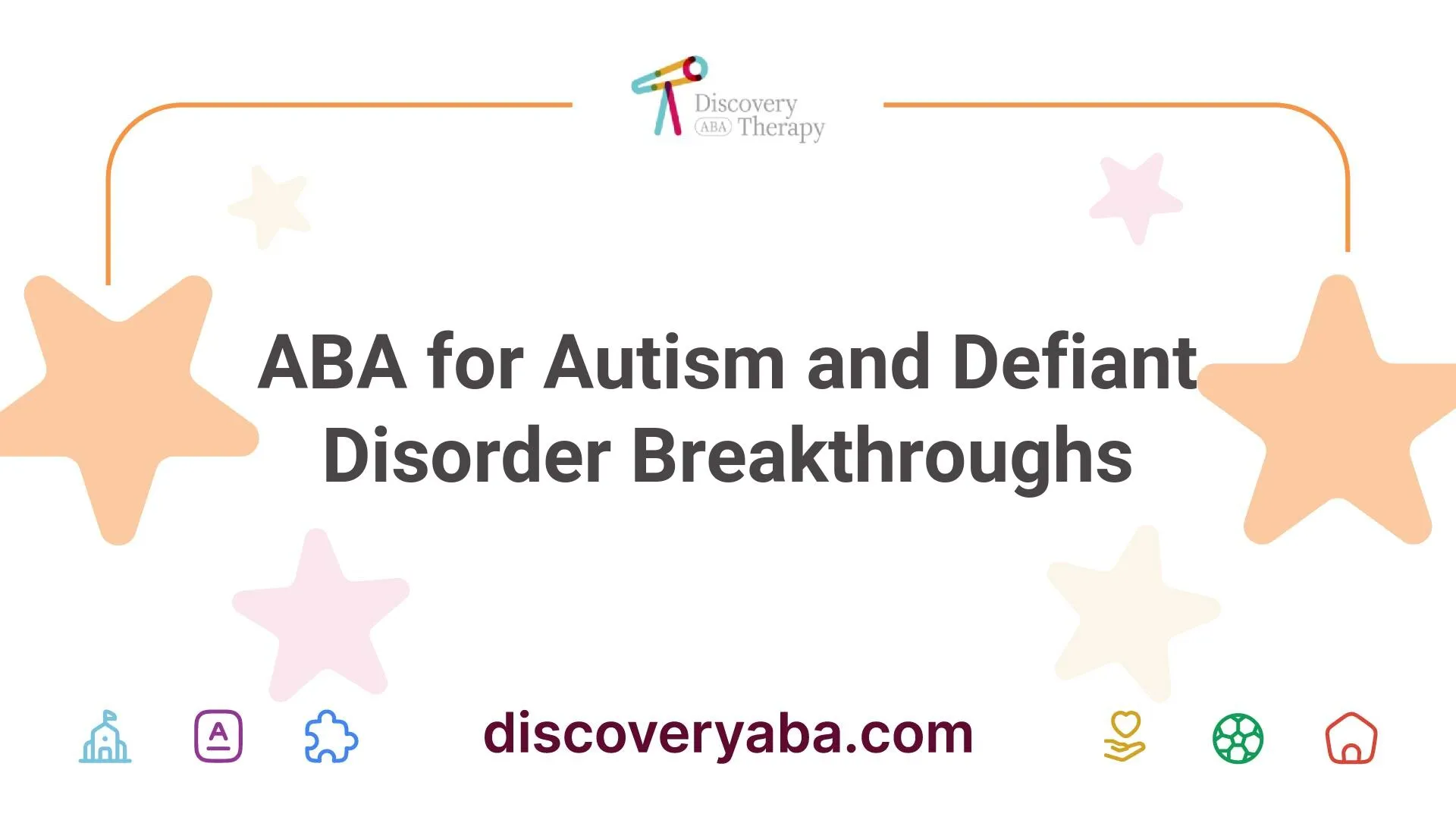
























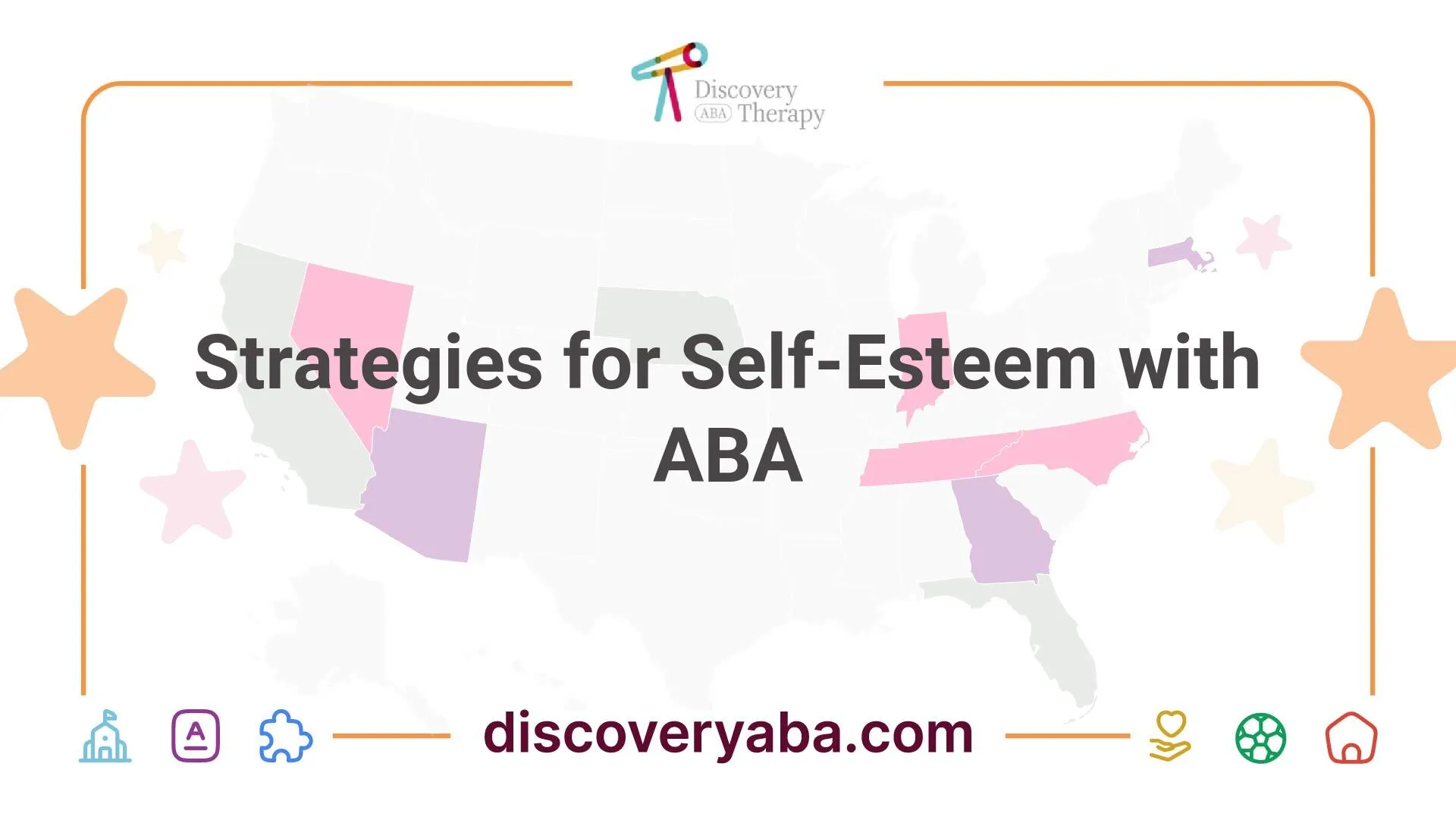




.jpeg)







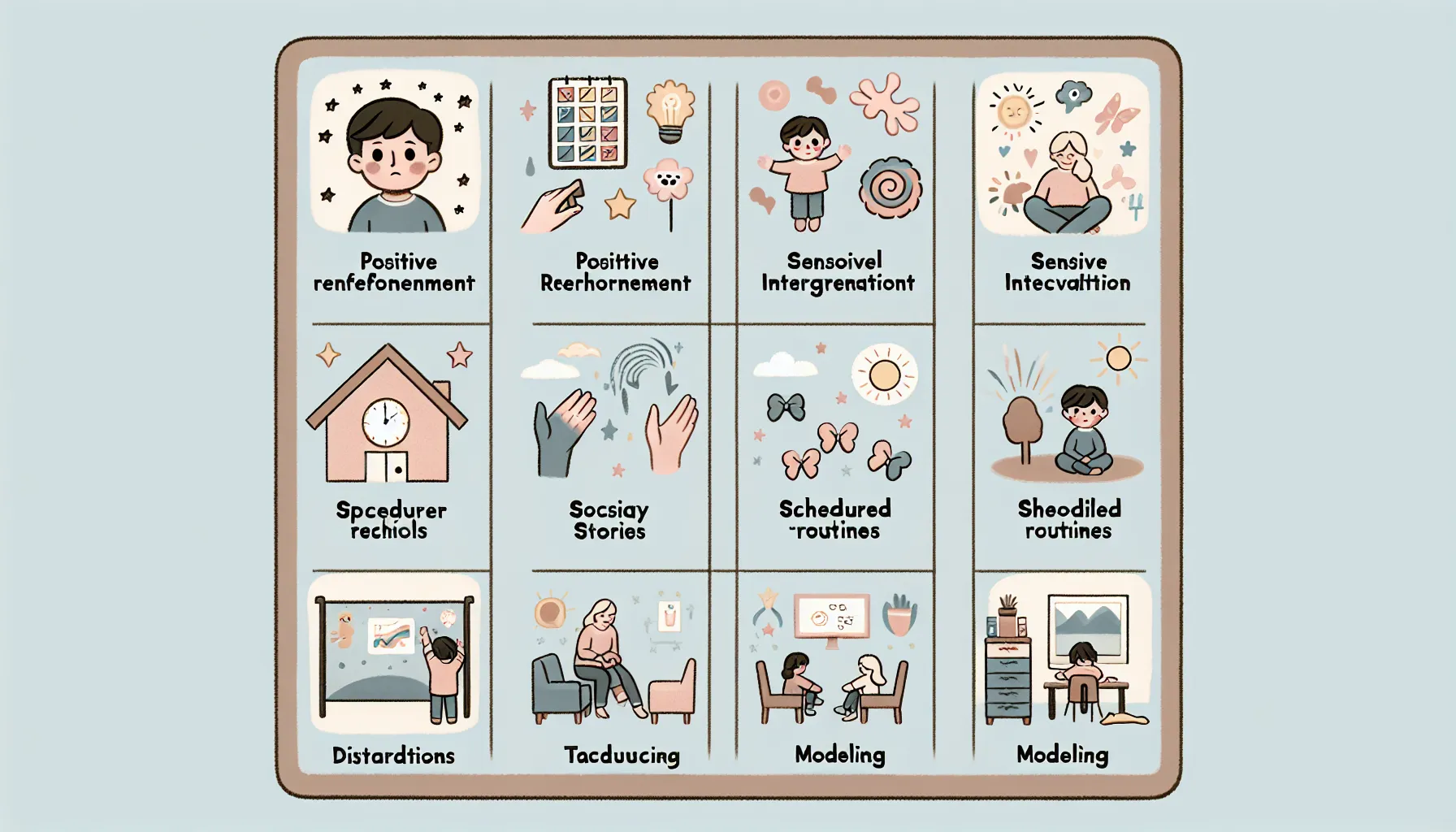

.jpeg)
.jpeg)



.jpeg)




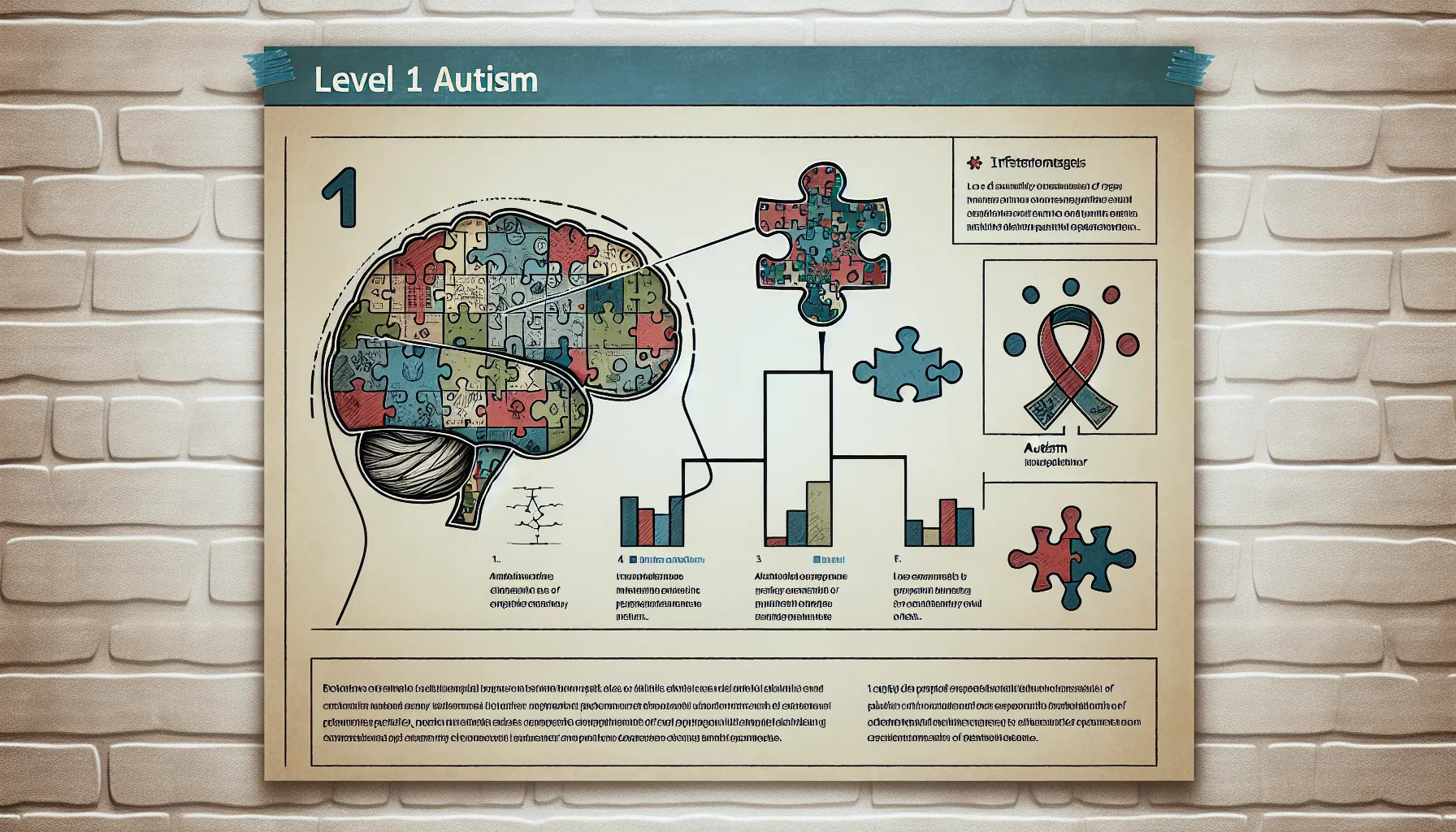











.jpeg)
.jpeg)



.jpeg)
.jpeg)

